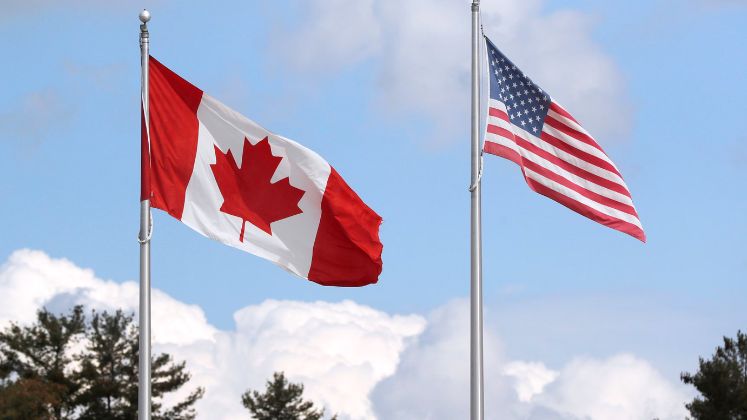
Major US and Canadian textile industries are requesting relief from the tariffs imposed by the Trump administration, claiming that their sector is heavily reliant on the free movement of materials across international borders to manufacture final goods, including equipment for professionals like law enforcement and oil and gas workers.
To advocate for tariff-free trade, three directors from the Canadian Textile Industry Association (CTIA) are currently in Washington. A sister organisation, the US National Council of Textile Organisations, which is spearheading the effort to push US Commerce Secretary Howard Lutnick, has extended an invitation to them.
In an interview on Tuesday, CTIA head Jeff Ayoub stated, “None of us want tariffs.” He also noted that, following decades of job losses to offshore sites, the textile industries in the US, Canada, and Mexico are now extremely interdependent.
According to the CTIA, Canada exports clothing and textiles to the United States and Mexico for approximately US $ 1.8 billion annually. Around 64 per cent of those Canadian textile exports, which include premium flame-resistant textiles and medical personal protective equipment, end up in the United States.
For imports that adhere to the United States-Mexico-Canada Agreement (USMCA), which includes the majority of the textile industry, the United States has suspended general 25 percent tariffs on Canadian goods until April. However, more “reciprocal” duties are anticipated to be announced by Trump in the coming days. If the United States doesn’t budge, Canada has vowed to impose further duties in retaliation.
The approximately 800 textile manufacturing companies in Canada, the majority of which are small and medium-sized enterprises based in Ontario and Quebec, are negatively impacted by all of this.
Before becoming a final product, textiles may cross the border multiple times. For instance, American fibre is sent to Canada to be spun into yarn before returning to the United States to start the process of being turned into fabric. Ayoub clarified that after processing in Canada, the fabric may return to the United States and possibly even Mexico for cutting and stitching.
According to the CTIA, any tariffs will certainly limit research and development spending and have an inflationary effect on the entire business. The group is in favour of the USMCA deal being extended.






